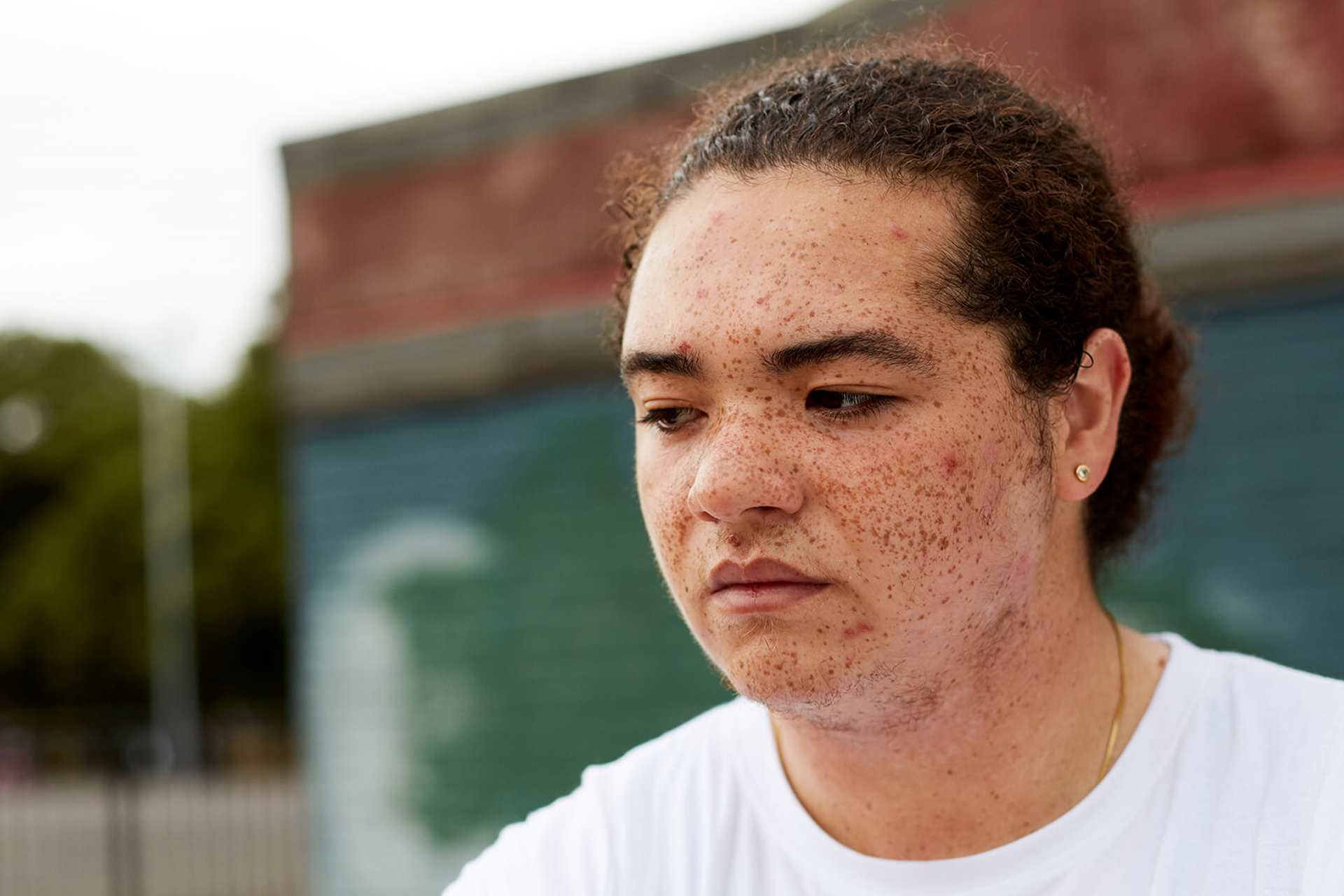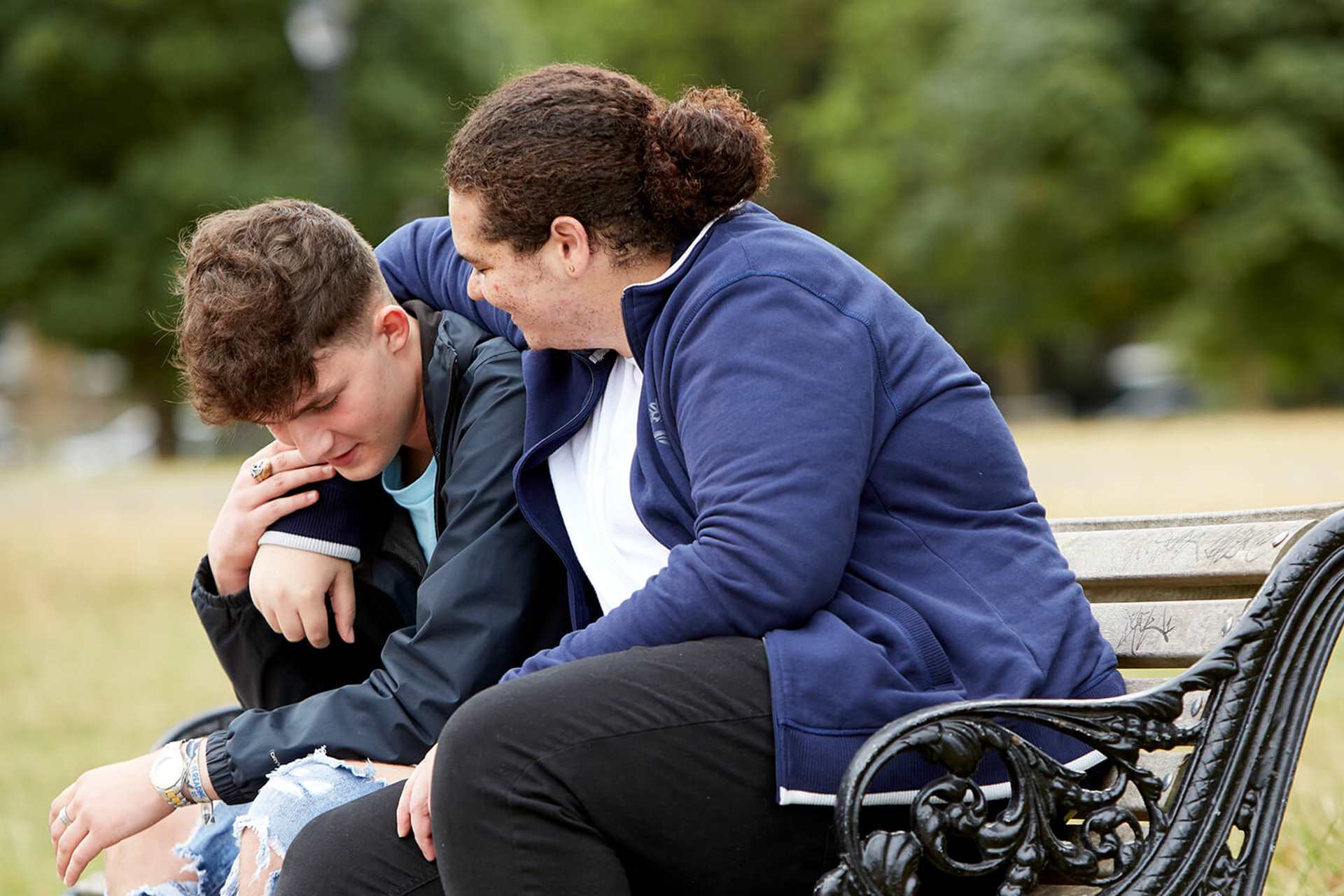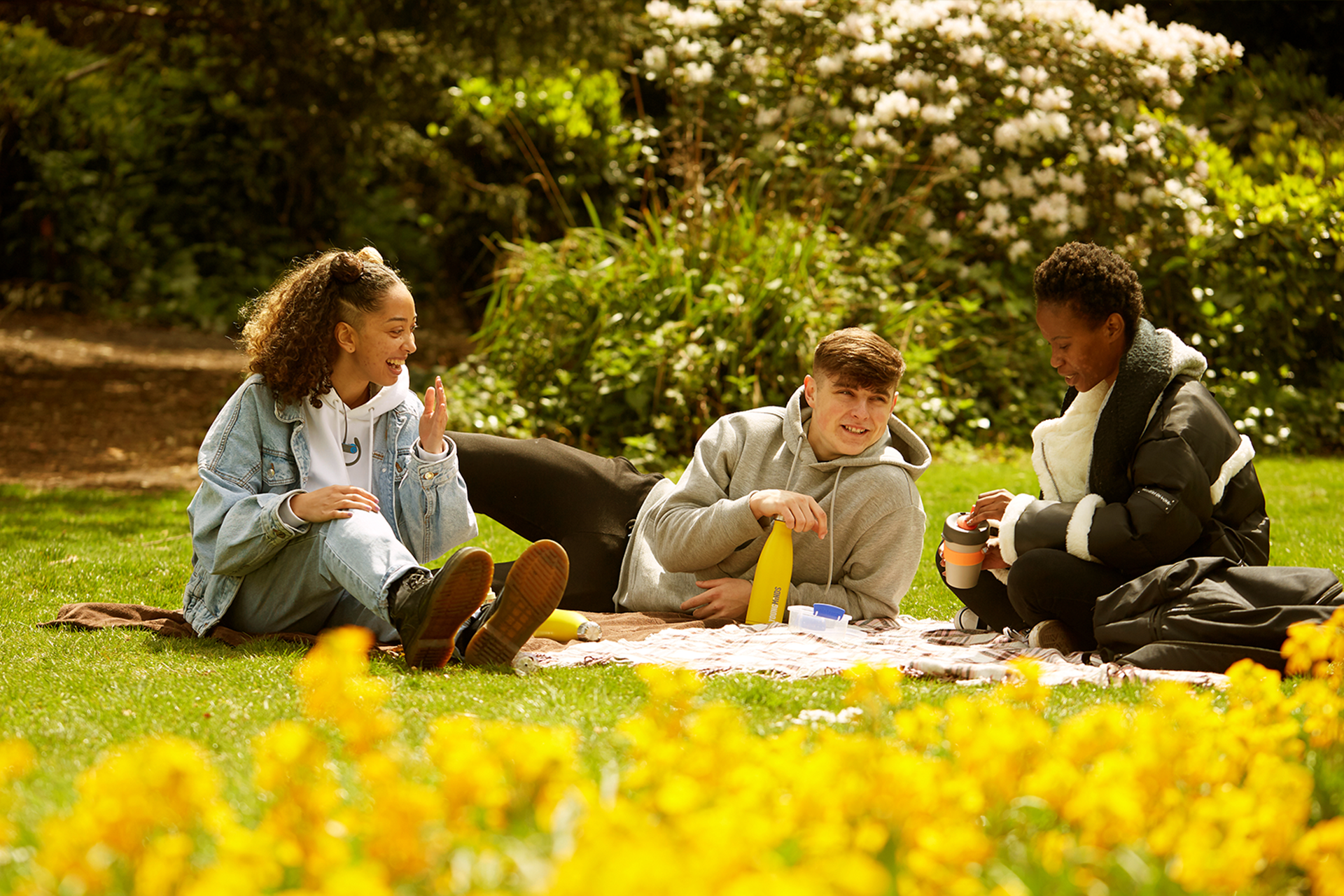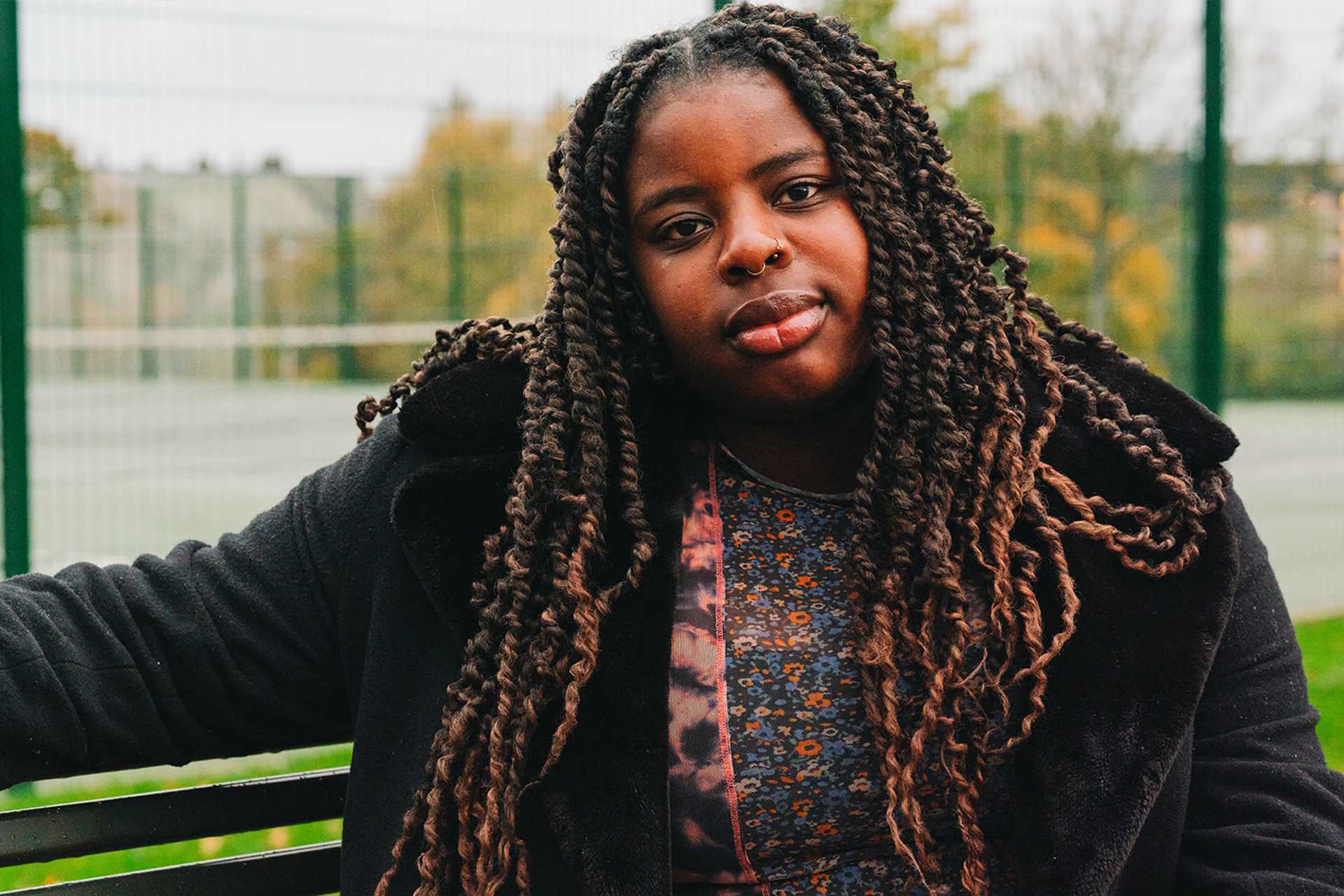Topics mentioned: self-care, problems at school
About: Kerry explains how she looks after her mental health by focussing on the good in the world and the small things that make her happy.
A little while ago, I had a conversation with a teacher about focus. This wasn’t in the sense you would expect in a school, she wasn’t telling me how I need to focus on my studies more, but instead about how important it is to focus on the good in the world.
In a world that can seem very dark at times, looking for the bits of sunlight in your life can really benefit your mood.
Focus on what you can control
I’ve had many different conversations about mental health that can all be linked back to what you focus on. For example, a different teacher spent years teaching me the importance of living life with a focus on what you can control (a big struggle for me, as I’m sure it is for many others), and trying to train your brain to focus on the whole picture, rather than just a dark mark on the page.
Of course, this is much easier said than done, and I am by no means the best person at doing this, but in a world that can seem very dark at times, looking for the bits of sunlight in your life can really benefit your mood. There are lots of different ways you can do this, but I wanted to share some of my favourites.
Doing this activity forced me to really think about myself in a positive way, and it also forced me to see how damaging my focus can be.
Make a list of positives
One of my teachers set me the task once of making a list of the things I like about myself. Initially this seemed silly; social media means that we are constantly surrounded by these images of how we should look or behave, which can mean we hold ourselves to impossible standards. But after some hesitation, I made the list. I can’t lie, it wasn’t very long. Like a lot of people I find it very difficult to have a positive self-image, but after making this list I was asked to create another list alongside it of the things I dislike about myself. This seems counterintuitive, I know. But once this was complete she told me to look at both sides, and try to make them even. Doing this activity forced me to really think about myself in a positive way, and it also forced me to see how damaging my focus can be. I can’t tell you how many times I critique myself in a day and it only leads to a downward spiral.
They are small, and appear to be insignificant, but they make me happy.
After this realisation, it’s always been something in the back of my mind, and it made me start to think more about where I focus my attention. I now make a conscious effort to notice the little pockets of sunshine in my life (apologies for the cliché). I titled it my List of Happy. The random things that make me smile: hearing my mum laugh when she’s normally quite reserved, being inside and hearing the rain on the roof, a really nice comfy pair of socks. They are small, and appear to be insignificant, but they make me happy.
Redirect your focus
I slowly extended this focus to a whole world of things - how I can positively impact the world, how I can impact my world, or the worlds of the people I love. It makes me feel limitless and it reminds me to stop waiting for the darkness to consume me. When it’s hard to notice, I can read these lists back, and they help. It might take a minute, but even when everything seems bad, try redirecting your focus and actively look for some good. I promise you’ll find it.
It makes me feel limitless and it reminds me to stop waiting for the darkness to consume me.
More information and advice
We have tips and advice to help you find the support you need. Take a look at our guides.
Where to get help
However you're feeling, there are people who can help you if you are struggling. Here are some services that can support you.
-
Samaritans
Whatever you're going through, you can contact the Samaritans for support. N.B. This is a listening service and does not offer advice or intervention.
- Opening times:
- 24/7
-
Childline
If you’re under 19 you can confidentially call, chat online or email about any problem big or small.
Sign up for a free Childline locker (real name or email address not needed) to use their free 1-2-1 counsellor chat and email support service.
Can provide a BSL interpreter if you are deaf or hearing-impaired.
Hosts online message boards where you can share your experiences, have fun and get support from other young people in similar situations.
- Opening times:
- 24/7






